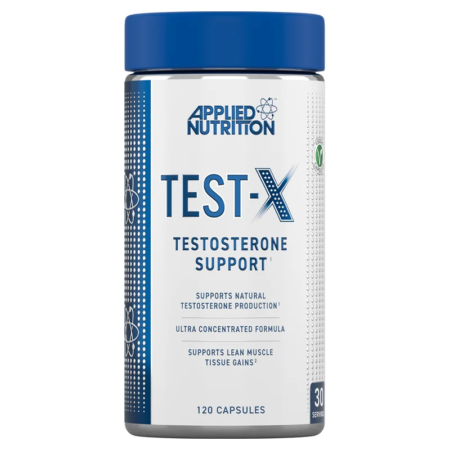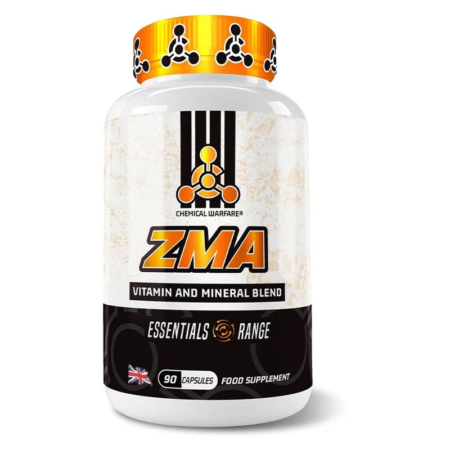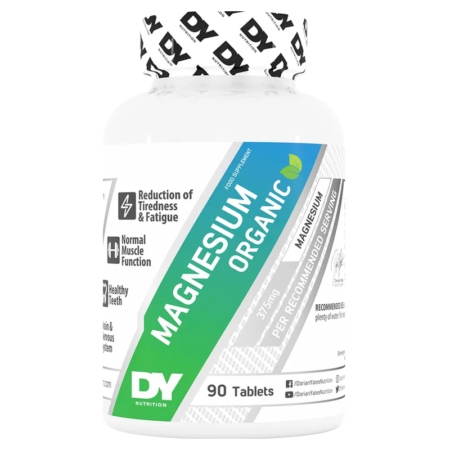Magnesium
Magnesium is a vital mineral that plays a crucial role in many of our body’s functions. Known for its properties in promoting muscle relaxation and stress relief, magnesium is essential for maintaining overall health. This mineral is naturally present in many foods and is also available as a dietary supplement.
Young adults often need extra this supplement to support their active lifestyles. From aiding in energy metabolism to acting as a sleep aid, it ensures that your body operates smoothly. Incorporating magnesium into your diet can help you stay healthy and energized.
What is Magnesium ?
It is an essential mineral involved in over 300 enzymatic reactions in the body. It supports vital functions like protein synthesis, muscle and nerve function, blood glucose control, and blood pressure regulation. Without sufficient magnesium, the body cannot perform these critical tasks efficiently.
Found in foods such as nuts, seeds, green leafy vegetables, and whole grains, magnesium is crucial for maintaining health. Despite its availability in many foods, some people may still need supplements to meet their daily requirements, especially those with specific dietary restrictions or health conditions.
The benefits of taking Magnesium
This supplement offers numerous health benefits. It is well-known for its ability to promote stress relief and enhance muscle relaxation, making it an excellent supplement for those with active lifestyles or high-stress levels. Additionally, It supports energy metabolism, helping convert food into energy efficiently. It also acts as a sleep aid, improving sleep quality and duration.
- Magnesium helps maintain blood pressure regulation, promoting cardiovascular health.
- It supports nerve function, ensuring proper communication between the brain and the body.
- This mineral plays a role in digestive health, helping to regulate bowel movements and prevent constipation.
- It has anti-inflammatory properties, reducing inflammation and supporting overall wellness.
- It aids in bone health by contributing to bone density and strength.
- This supplement supports mental health by reducing anxiety and improving mood.
- It enhances exercise performance by reducing fatigue and muscle cramps.
- This supplement is essential for protein synthesis and muscle repair, aiding in recovery.
- It helps maintain electrolyte balance, crucial for hydration and cellular function.
What are the side effects of magnesium deficiency?
A deficiency in magnesium can lead to a variety of side effects that impact overall health. Common symptoms include muscle cramps, fatigue, and irregular heartbeats. It plays a crucial role in muscle function, and a lack of it can cause spasms and cramps. Additionally, low magnesium levels can result in fatigue as the body struggles to produce energy efficiently.
Another significant effect of magnesium deficiency is irregular heartbeats. It is essential for maintaining a steady heart rhythm, and insufficient levels can lead to arrhythmias. Other symptoms include anxiety, depression, and headaches. Ensuring adequate this supplement intake is vital for preventing these health issues and maintaining overall well-being.
Magnesium Types or Forms
There are several types or forms of magnesium supplements available, each with its specific benefits. Some common forms include magnesium citrate, magnesium oxide, and magnesium chloride. Magnesium citrate is known for its high bioavailability, meaning it is easily absorbed by the body. This form is often recommended for improving digestion and relieving constipation.
Magnesium oxide, on the other hand, contains a higher amount of elemental magnesium but is less easily absorbed. It is commonly used for treating heartburn and indigestion. Magnesium chloride is another highly absorbable form and is often used in topical applications like lotions and oils to help with muscle relaxation and skin health. Understanding the differences between these forms can help you choose the best supplement for your needs.
Can magnesium be taken with other vitamins?
Yes, it can be taken with other vitamins, and doing so can often enhance its benefits. For instance, taking magnesium with vitamin D can improve calcium absorption, which is crucial for bone health. Vitamin D helps regulate the body’s calcium levels, and magnesium assists in activating vitamin D within the body.
Additionally, pairing magnesium with vitamin B6 can help improve its absorption and effectiveness. Vitamin B6 aids in the metabolism of magnesium and can enhance its benefits for the nervous system. According to a nutritionist, “Combining magnesium with vitamins D and B6 can optimize their absorption and effectiveness.”
Should healthy people take magnesium supplements?
Healthy individuals might not need supplements if they maintain a balanced diet rich in magnesium-containing foods. Foods like leafy greens, nuts, seeds, and whole grains are excellent sources of this supplement. For example, spinach, almonds, and pumpkin seeds can significantly contribute to the daily recommended intake of this supplement.
However, certain conditions or lifestyles may warrant supplementation. Athletes, for instance, may require more magnesium due to increased physical activity and sweating. Similarly, people with specific health conditions or dietary restrictions might benefit from supplements. Magnesium is a versatile mineral that influences various aspects of your well-being, ranging from skin health and digestion to energy levels and mood. Incorporating magnesium supplements into your daily routine could significantly enhance your overall health.
























